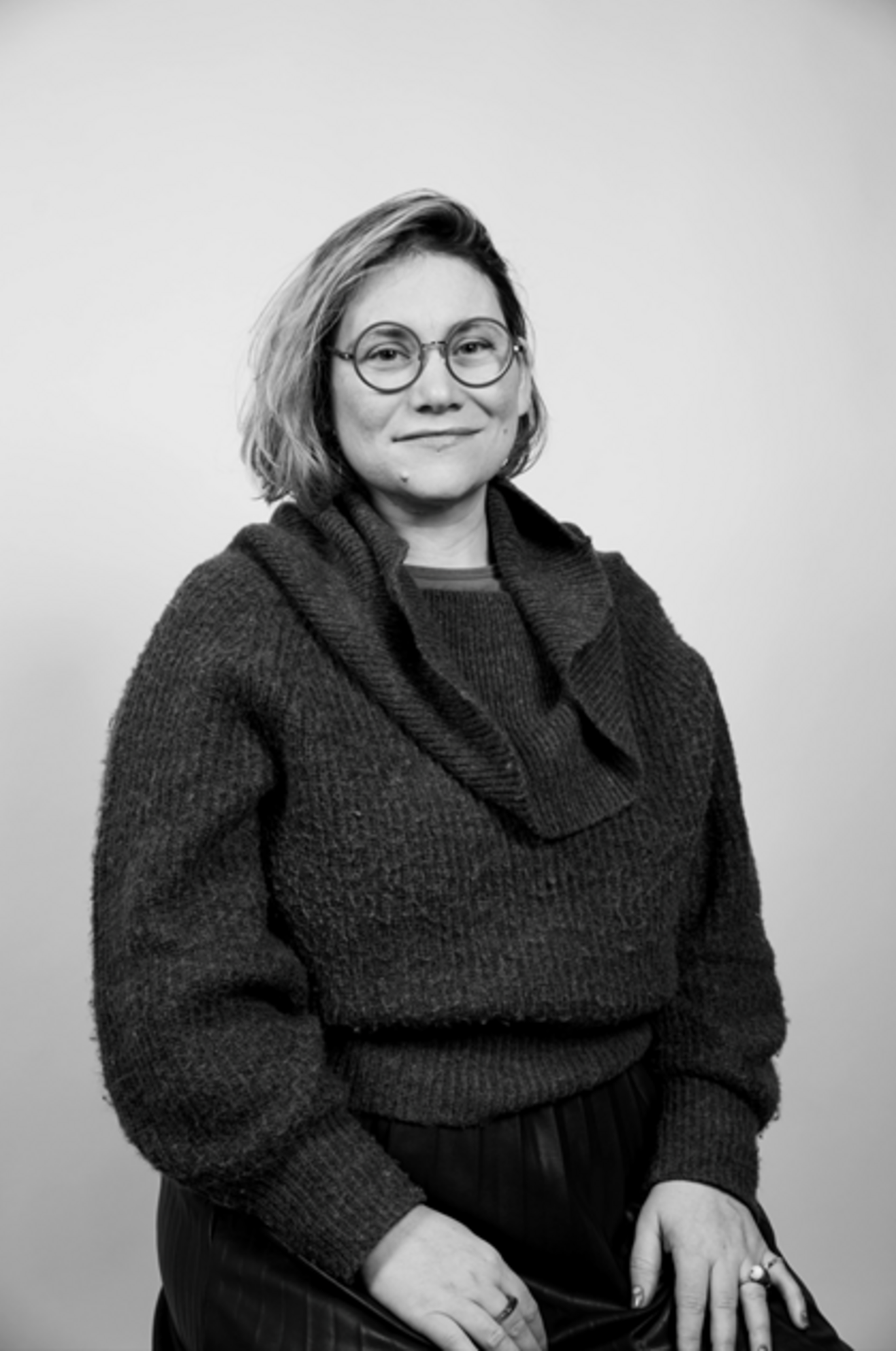Breath + Turbid Images: Rethinking Public Engagement through Art and Anthropology
Departmental Seminar with Jennifer Clarke, Gray’s School of Art, Robert Gordon University, Aberdeen

Oplysninger om arrangementet
Tidspunkt
Sted
Auditorium (4206-125) or on Zoom (https://aarhusuniversity.zoom.us/j/64599342691)
Abstract
This paper reflects on my current contribution to the transdisciplinary ‘Treescapes’ UK research project ‘Agroforestry Futures’. It engages in, and problematises, the politics and practices of community engagement, addressing the role of creative methods in ‘reimagining’ the future. Here, I consider the ethical, political, and aesthetic implications of this work, through instances of film, collage, and breath/bodywork, each an example of ‘image-work’ (El Haik); the complexities of integrating creative methodologies into transdisciplinary research; and the need for critical understandings of how such practices might contribute to eco-social change.
Theoretically informed by feminist new materialist concepts, the paper explores two things, in detail. First, the breathing body as a medium for ethical and social relations, and a way of rethinking /feeling abstract concepts. Secondly, what I call the ‘turbid’ image, employing and extending Bridgit Crone’s concept in radical fieldwork ecologies; exemplified by swimming in cloudy water or being in a dust storm, suspended particles affecting both visual perception and bodily sensation. The point is acknowledging how image-making is deeply connected to material conditions and technical processes. Concerned with the possibilities of working and thinking with art, images, and time, turbidity serves as metaphor for the experience of immersion involved in image-work. I suggest these practices not only offer new perspectives on individual/collective engagement with art and the visual, but also on the struggle within anthropology to reconcile the abstract with the poetic. I argue this is important in the context of anthropology’s role in (re)imagining futures and in public work that can be confused with ‘science communication’. This is part of a wider rethinking of how to approach sustainability, shifting from the politics of knowledge to the poetics of feeling, advocating for a future where creative practices are not only tools for instrumental engagement, but are integral to how we imagine and build more equitable worlds. The paper adopts an experimental format to enact the principles it advocates.
Bio
Dr. Jennifer (Jen) Clarke is an Aberdeen based anthropologist, artist, and curator. An Associate Professor at Gray’s School of Art, her interdisciplinary background spans art, anthropology, and artistic research, with degrees from Glasgow, Goldsmiths, Aberdeen, and Sint Lucas School of Art, Antwerp. Jen’s artistic research/practice currently involves transmodal forms, montaging words and images across languages, producing performative moving image works and installations. Areas of specialisation in her anthropological and artistic work include the integration of visual art and social practices as responses to (and interventions in) environmental politics and related academic knowledge production, emphasising interdisciplinarity through collaborative and speculative approaches. She also collaborates on and leads transnational socially engaged art projects in the UK and Japan, where, in 2022, she held a Visiting Professorial Research Fellowship, to develop her project Feminist Hospitalities. Jen co-convened ANTART, the European Association of Social Anthropologists ‘Anthropology and the Arts’ Network (2020 – 22) and has been Chair of the Scottish Sculpture Workshop (SSW) since 2018.
